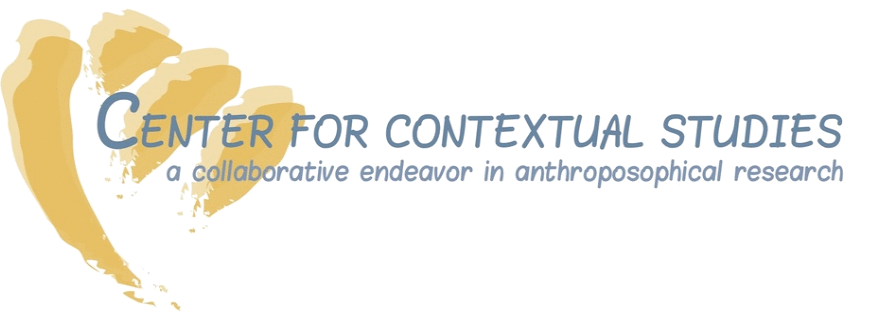What is it like to be human?
In one week, beginning Wednesday, June 9, Wilfried Sommer and Jon McAlice will be hosting an online symposium for students, alumni and teachers around this question. Now, individuals can register to attend on our website here: Conditio Humana Workshop. You can listen to recorded youtube lectures by Siri Hustfedt, Hartmut Rosa, Thomas Fuchs and Wilfried Sommer whenever it is convenient for you. You are welcome to attend the North American zoom discussions of Siri’s lectures with Jon McAlice scheduled at 2:00 p.m. Eastern Daylight Time each day, Wednesday-Friday, June 9-11, 2021.
Wilfried Sommer introduces the conference theme:
"We can only ask ourselves the question of what it is like and what it means to be human because we are able to see ourselves from the outside. It is possible for us to look at ourselves from a distance. We not only perceive ourselves directly as someone, but we also notice how this someone expresses himself and presents himself.
Through the sensation of being directly and immediately someone, we feel at home in ourselves. We are simply there, bodily and physically. This forms the starting point of our experience. If we succeed in intensely experiencing encounters with other people, landscapes or cities, this bodily resonance space resounds. According to the phenomenological anthropologist Thomas Fuchs, we experience our physical existence as being within or “being with” the world. And through the body, as the sociologist Hartmut Rosa puts it, we transform ourselves into the world, we assimilate or appropriate world.
If we look at ourselves from the outside, we create a new reference to our experiences: We ask what they mean. It becomes clear to us that we can not only experience, but also give meaning. We become someone who creates meaning.
How can bodily and immediate experience and the change of perspective that we make when we create sense and meaning, go together?
This central question of our humanity accompanies us for a lifetime. Siri Hustvedt opens up this question further by looking at the bodily and immediate experience together with what we encounter directly and immediately. She describes in her autobiographic novel: we not only write our lives, we are also being written by them at the same time. Can we also let these two aspects go together? How can our relationship to ourselves be at the same time a relationship to the world in a harmonious way?
Even before the corona pandemic, the change in perspective that we humans make when we look at our direct experience and create meaning was central to educational processes. - Through long distance learning phases, the school has 2 been given a whole new dimension in the task of being a space in which one's own relationship to oneself can develop into an understanding and dialogical relationship to the world.
Siri Hustvedt, Hartmut Rosa and Thomas Fuchs worked on this question extremely thoroughly and with foresight. Last but not least, their prominent position in cultural and scientific life shows how they are keeping pace with the times.
The Kassel Youth Symposium takes one hundred years of upper grades learning at Waldorf schools as an opportunity to address the above-mentioned questions with a large symposium on the human condition, at which upper grades students from Beijing to New York are connected online at the same time. There will be as many participants as possible in attendance, thousands will be added online. Everyone will look at themselves anew with the question of what it is like and what it means to be human. “
Street Address
City, State, Zip
Phone Number
Your Custom Text Here
